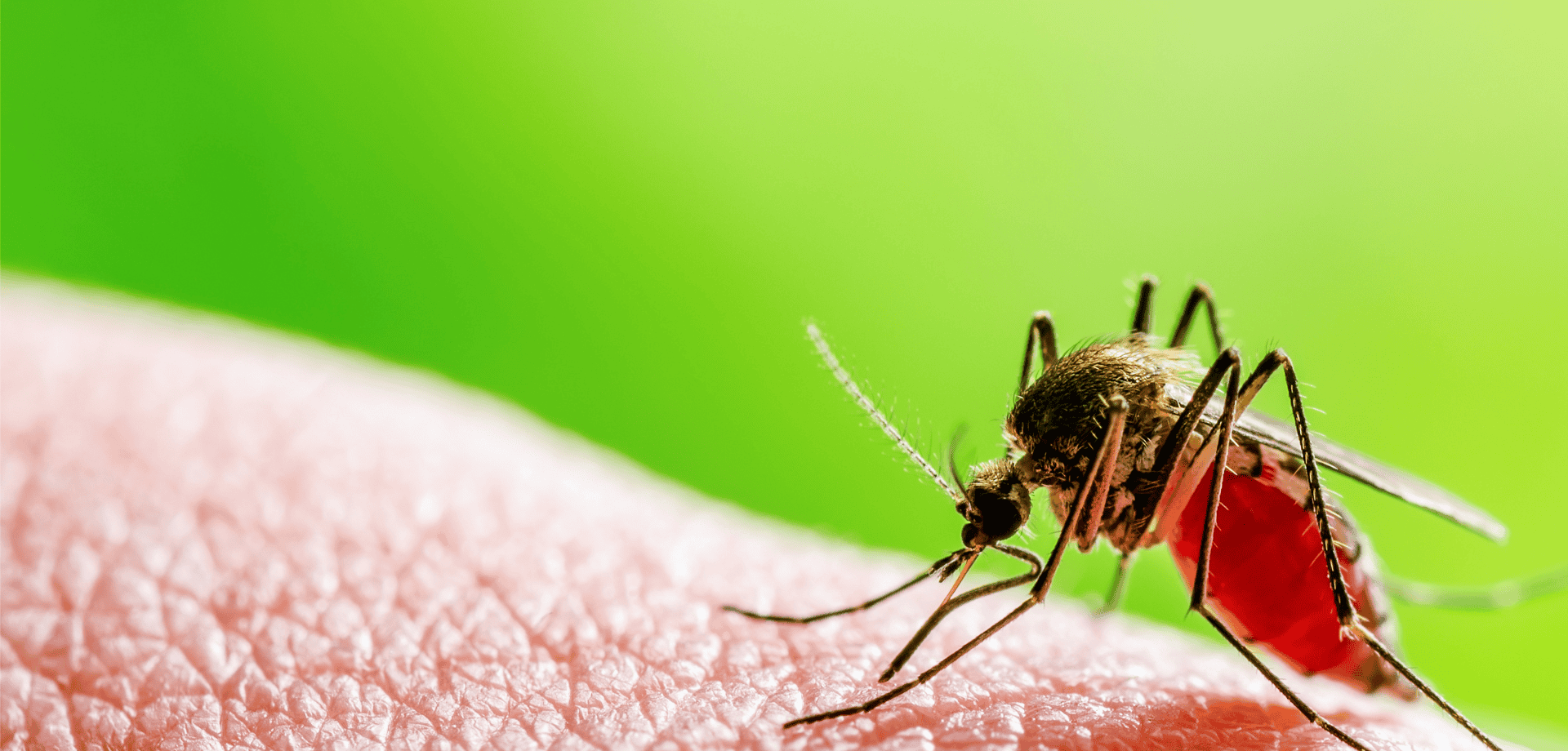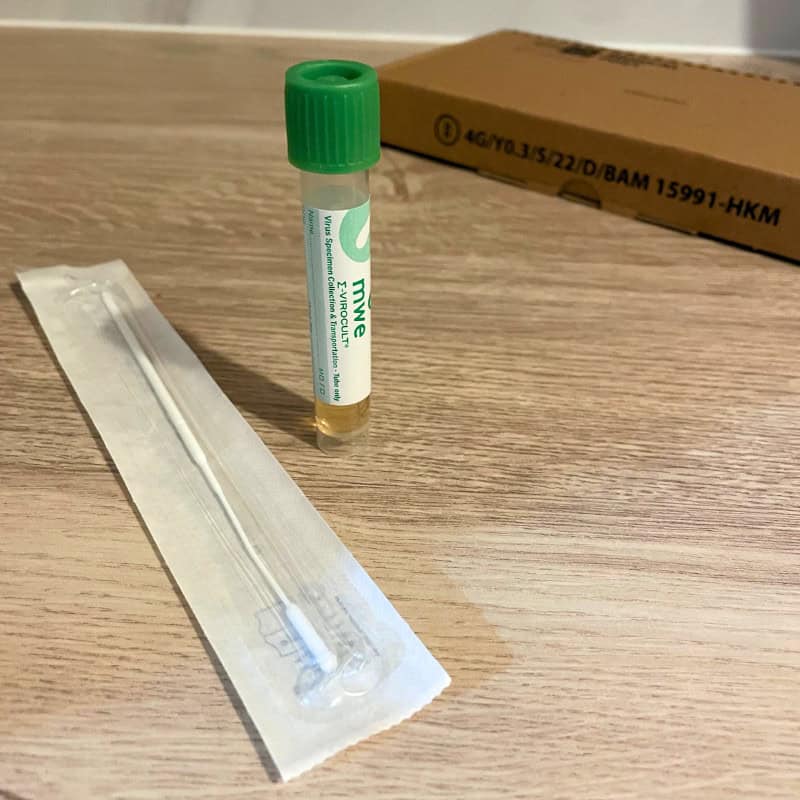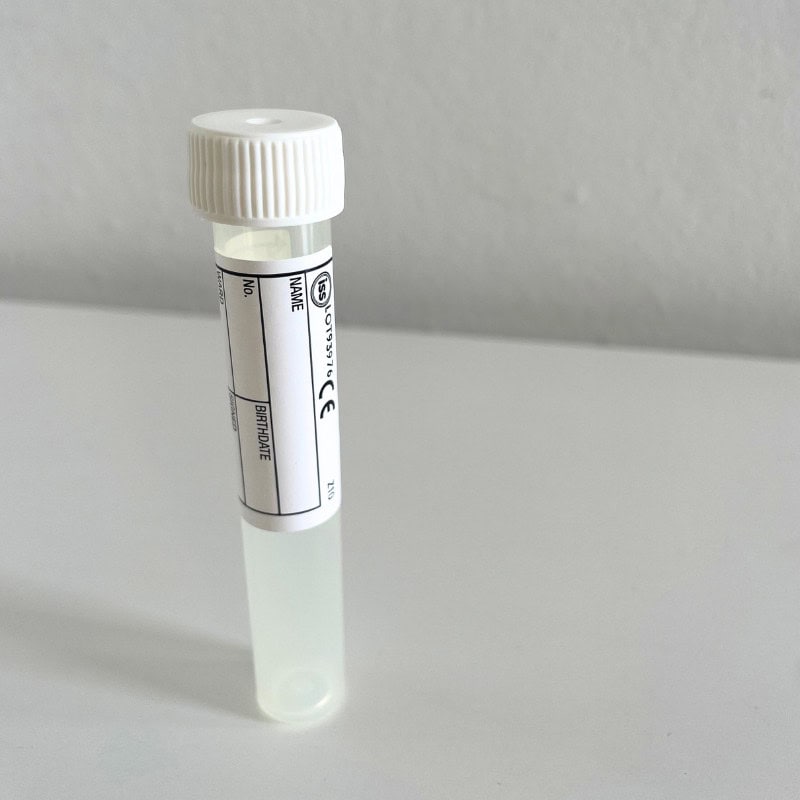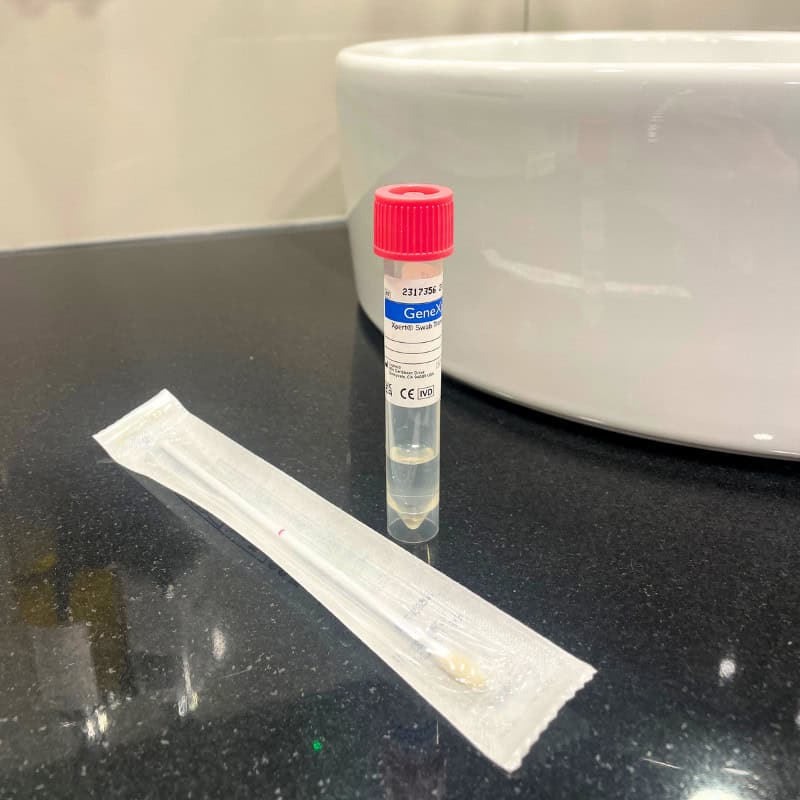Month: October 2024
Egypt has long been a fascinating destination for travellers with its ancient monuments, rich culture, and vibrant landscapes. Now, there’s even more reason to consider Egypt as a travel destination: the World Health Organization (WHO) has officially declared the country malaria-free.
Dr Tedros Adhanom Ghebreyesus, WHO Director-General, said “Malaria is as old as Egyptian civilisation itself, but the disease that plagued pharaohs now belongs to its history and not its future.
This is a significant milestone in public health and brings an added layer of safety and assurance to travellers planning to visit.
Here’s what you need to know about this important achievement and what it means for your health when traveling to Egypt.
What does it mean to be “Malaria-Free”
To be certified as malaria-free, a country must demonstrate that it has interrupted local transmission of malaria for at least three consecutive years. Egypt met this requirement, showing consistent results in controlling the disease, improving healthcare infrastructure, and reducing the risk of reintroduction.
According to the WHO, Malaria in Egypt has been traced as far back as 4000 B.C.E., with genetic evidence of the disease found in Tutankhamun and other ancient Egyptian mummies.
Egypt is one of the latest countries to receive this certification, contributing to a global push toward eradicating malaria worldwide.
What does it mean for travellers?
Malaria has long been a concern in various tropical and subtropical regions, causing severe illness, fever, and sometimes even death.
Travellers often must take preventative steps, such as antimalarial medication and mosquito avoidance measures, when visiting areas where malaria is prevalent.
Egypt’s certification as malaria-free means travellers now have one less health risk to consider when planning their holiday.
For the tourism and travel health sectors, this achievement reassures visitors that Egypt is safe from malaria transmission, especially in rural areas and near water sources, which are typically high-risk locations for malaria-carrying mosquitoes.
Are there any precautionary measures still needed?
While Egypt’s malaria-free status is excellent news, it’s still essential to practice general travel health precautions to stay safe.
Here are some tips:
- Protect Against Other Mosquito-Borne Diseases: While malaria may not be a concern, other mosquito-borne illnesses, such as West Nile Virus and Dengue Fever, can still pose risks. Use insect repellent, wear long sleeves, sleep under a mosquito net and consider vaccinations where possible, like Qdenga for Dengue Fever.
- Stay Up-to-Date on Vaccinations: Egypt does require certain vaccinations for travellers, such as Rabies, Hepatitis A, Hepatitis B, and Typhoid. Make sure you are aware of any health advisories and have up-to-date vaccinations before your trip.
- Practice General Travel Hygiene: Staying hydrated, avoiding untreated water, and being cautious with food preparation are essential for staying healthy on your travels.
Is a travel consultation still necessary?
Yes, whilst it is fantastic news that Egypt is now malaria-free, there are other health risks to consider when travelling and it is still important to seek travel health advice from an expert.
We advise booking a travel consultation at least 4-6 weeks before your departure date to allow enough time for any necessary vaccinations, medications, and preventive advice to take full effect.
If you’re planning a last-minute trip, don’t worry! Book a consultation as soon as possible; even a brief appointment can provide valuable advice, essential vaccinations, and immediate preventive tips to keep you safe during your travels.
The Future of Malaria Control in the Region
Egypt’s success in eradicating malaria is a hopeful indicator for neighbouring regions where malaria is still a concern. The country’s strategies and investments in healthcare could serve as a model for other nations aiming to reduce or eliminate malaria.
Planning Your Malaria-Free Trip to Egypt
Whether exploring the pyramids, cruising the Nile, or enjoying the coastal resorts, travellers to Egypt now have added peace of mind regarding malaria. However, consulting with a travel health specialist before your trip remains important to ensure your overall health and safety. By staying informed and prepared, you can focus on enjoying the cultural and natural wonders Egypt has to offer.
As always, our travel health experts are here to provide personalised advice, vaccination guidance, and preventive health tips to make sure your journey is as safe and enjoyable as possible.
Book a travel consultation to discuss your upcoming trip to Egypt.
Related services at Fleet Street Clinic
Specialist Travel Clinic
Travel Vaccinations
Dengue Fever
Rabies Vaccination
Antimalarials
According to Menopause Support, approximately 13 million peri, current and post-menopausal people are living in the UK today.
This makes up a whole third of British women.
Despite making up such a large portion of society, a lot of women find themselves feeling ashamed, shunned or invisible due to their symptoms and the lack of discussion surrounding the subject of menopause.
What is menopause?
Menopause simply means no periods for 12 months and usually begins between the ages of 45-55, but it may start earlier. 80% of women are menopausal by the age of 54 years, so an average woman spends one third of her life being menopausal. In the lead up to menopause, women often experience symptoms of ‘perimenopause’. Changes in the menstrual cycle, hormonal fluctuations and ‘hot flashes’ can all occur as the ovaries begin to stop producing eggs. It is important to note that menopause is a natural transitionary period in life and is not a disease or illness.
What are the symptoms of menopause?
80% of women suffer some symptoms.
Meaning 20% of women have no symptoms at all, and of the 80 % who do suffer some symptoms, only 25% want or need treatment.
Some of the physical symptoms of menopause may include, but are not limited to:
- Night sweats
- Hot flushes
- Dizziness
- Fatigue
- Headaches
- Recurring UTIs
- Stiff joints, aches and pains
- Heavy periods
- Insomnia
- Itchy skin
- Osteoporosis
- Weight gain
Menopause is not only characterised by physical health symptoms, but mental health can also be affected by it too.
Some symptoms might include:
- Anxiety
- Memory loss
- Depression
- Reduced concentration
- Brain fog
How can I manage symptoms for menopause?
A healthy diet and regular exercise, alongside simple lifestyle changes, may improve some symptoms and are important parts of the toolkit in dealing with menopause. Reducing nicotine, alcohol and caffeine intake further assist in reducing symptoms as well.
‘Phytoestrogens’ also help, and these are found in foods like soya protein, beans, yams and nuts. These non-hormonal treatments should always be tried first before hormonal treatments like HRT, which top up hormone levels.
World Menopause Day
World Menopause Day is recognised every year on October 18th to attempt to break the stigma around menopause and highlight the support available to women when they’re experiencing symptoms.
This year’s theme is based on HRT and the various pros and cons.
HRT works by replacing the hormones lost in the menopause process and can relieve symptoms of menopause to a manageable degree. Many women see it as a necessity for managing their menopause symptoms.
However, studies have shown that HRT can slightly increase the risk of breast cancer. This may sound concerning but the risk reduces when using oestrogen only HRT, rather than combined. HRT for managing menopause is an ongoing discussion in the medical field, but a lot of women experiencing menopause find the benefits outweigh the risks, and your GP will be able to advise whether HRT is the right solution for you.
How can Fleet Street Clinic help me?
If you think that you are beginning to experience symptoms of perimenopause or are suffering with your current symptoms, it may be time to book a GP appointment to discuss your menopause and see how we can help you.
Menopause can be a scary transition, but we want to do everything we can to make it as easy as possible for you.
Book a GP appointment today and let us support you.





